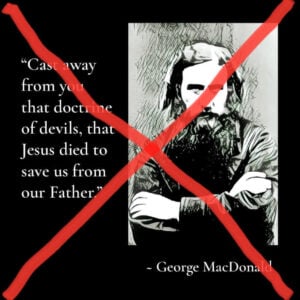Article by Teresa Chang
As church leaders, we must acknowledge that we live in an individualized society that has embraced this motto: “I can do it by myself.” We glorify the self-made man or woman and place a lot of importance on a person’s inner strength. But we weren’t made to be alone. We weren’t made to be people who don’t need anyone or anything—we are members of the same body, built to rely on one another. It is time to take a step back and experience biblical, integrous Christianity that sees the Church as God sees it: as a family unit.
At Pastor’s Coach, we believe you cannot fully
thrive as a church without intergenerational connection.
As each age group in your church supports, honors, cares for one another and works together in harmony, your church will see Heaven come to earth in a major way.
Intergenerational Ministry and the Culture of Honor
In every church, you will find three age groups:
- Emerging (young) church leaders
- Midlevel church leaders (people in their 30s and 40s)
- Older church leaders
In his first epistle, the apostle John addresses different levels of maturity. He writes to the “children,” whose sins are forgiven; to the “young men,” who know God’s Word and have overcome the wicked one; and finally to the “fathers,” who know Him who is from the beginning. Three generations are presented, and each has something incredible to offer the others.
The idea of spiritual generations dovetails with the reality of age. Every church has older and younger saints, spiritual parents and spiritual children. How do you work with all of them? How do you create a sense of synergy between the generations so you can maximize God’s purpose?
Your priority is to emphasize a culture of honor.
Sometimes it is unfortunately easy to dishonor those who are older or younger. This almost automatic response can be traced back to the cultural changes of the 1960s, when “generation gap” terminology began to be used. Dishonoring other generations came to be embedded in our society. Many of us have unknowingly perpetuated a legacy of generational brokenness, instead of genuinely appreciating those who belong to a different age group. How do we build churches that foster true honor for each generation?
Remember that every age has something to offer. Look at their unique strengths:
- The older generation gives us strength and wisdom.
- We are carried by the middle generation’s power and passion.
- The emerging generation offers innovation and a vital sense of newness.
When we walk in intergenerational partnership, we synthesize wisdom, perseverance and innovation. These elements come together powerfully in new expressions of Kingdom reality that revolutionize the Body of Christ and help us become the Church Jesus wants us to be.
Be sure to communicate to your older believers that they aren’t done yet. They make a huge difference in your congregation as spiritual grandparents. As a pastor, you have a responsibility to honor the older people in your midst and give them positions of visibility and influence.
Speak with your midlevel and emerging church leaders, and establish a mentoring process where there is mutual respect for the generations and appreciation for one another. This allows your church to become a full, thriving expression of Jesus Christ that brings transformation to your region. God calls Himself the God of Abraham, Isaac and Jacob—He is the God of generations.
The Ship Analogy
Intergenerational partnership is similar to a large sailing vessel that has multiple sails and a deep keel. You have a tremendous amount of power to harness the wind…but if you don’t have a deep keel, the wind will cause the ship to topple. Unfortunately, a lack of “depth” is why many ministries fail. They have a significant potential for speed, but in many cases, they do not fully possess much-needed elements that usually come with time and experience: wisdom, maturity, discernment, etc. Like the keel of a boat, your older church leaders establish a vertical sense of torque. They offer leverage that allows the wind to push hard into the sails without causing the boat to capsize. They have depth, experience and a sense of ballast that give ministries exactly what they’re missing.
Only in intergenerational partnership
can maximum velocity be realized.



